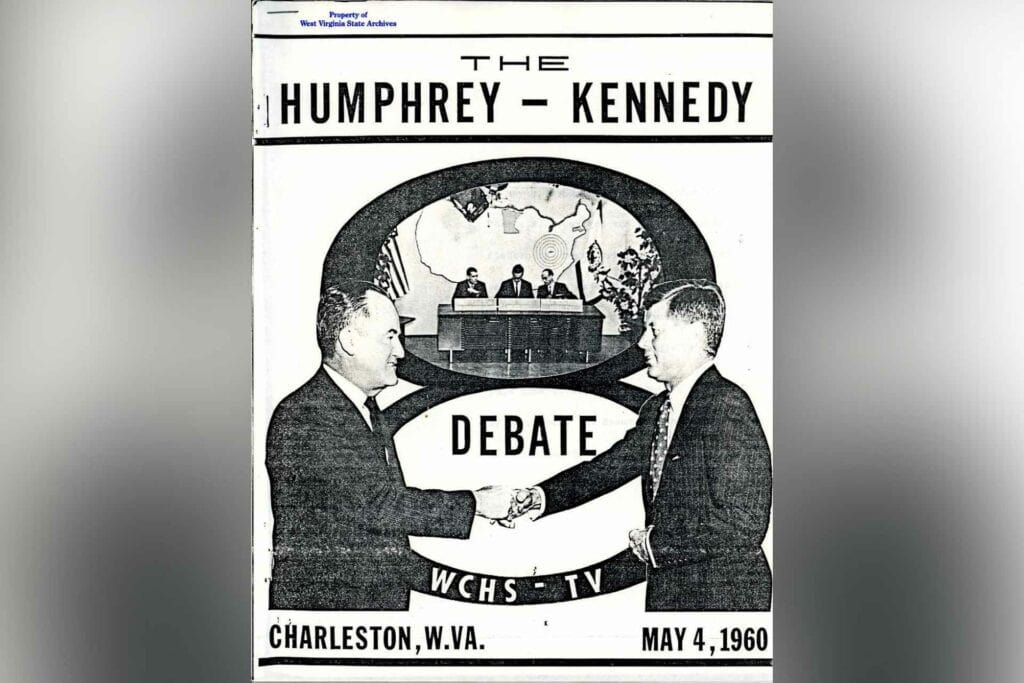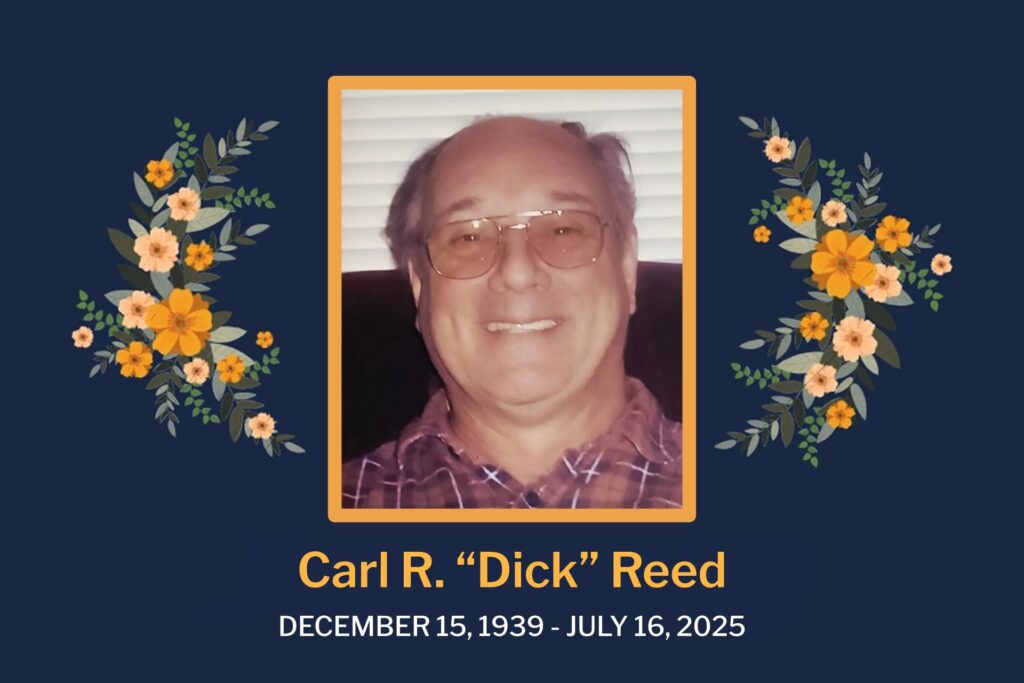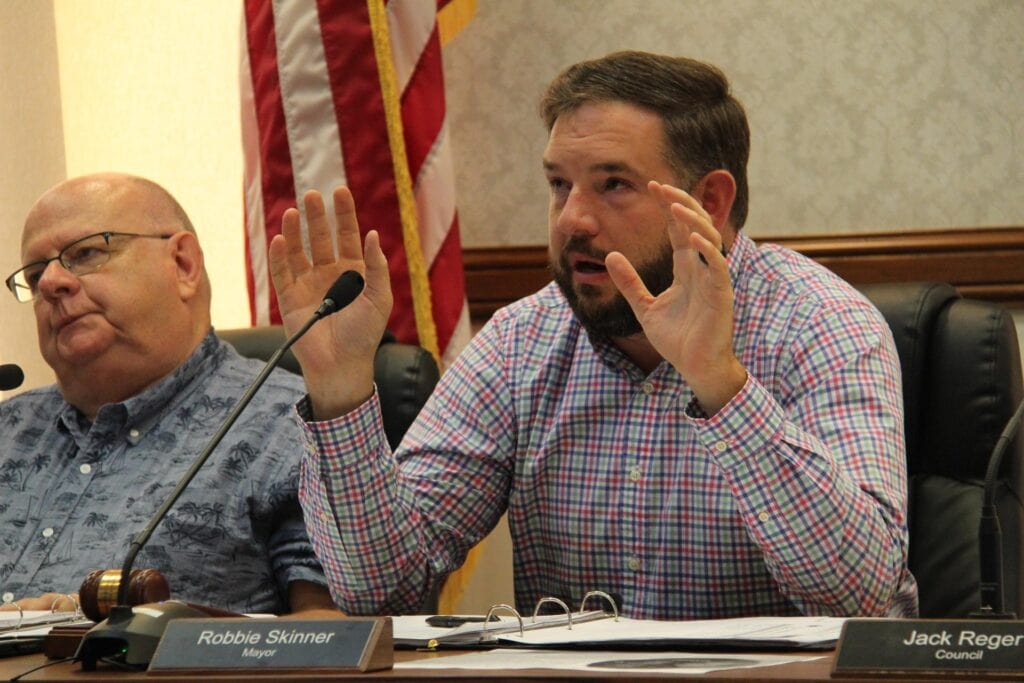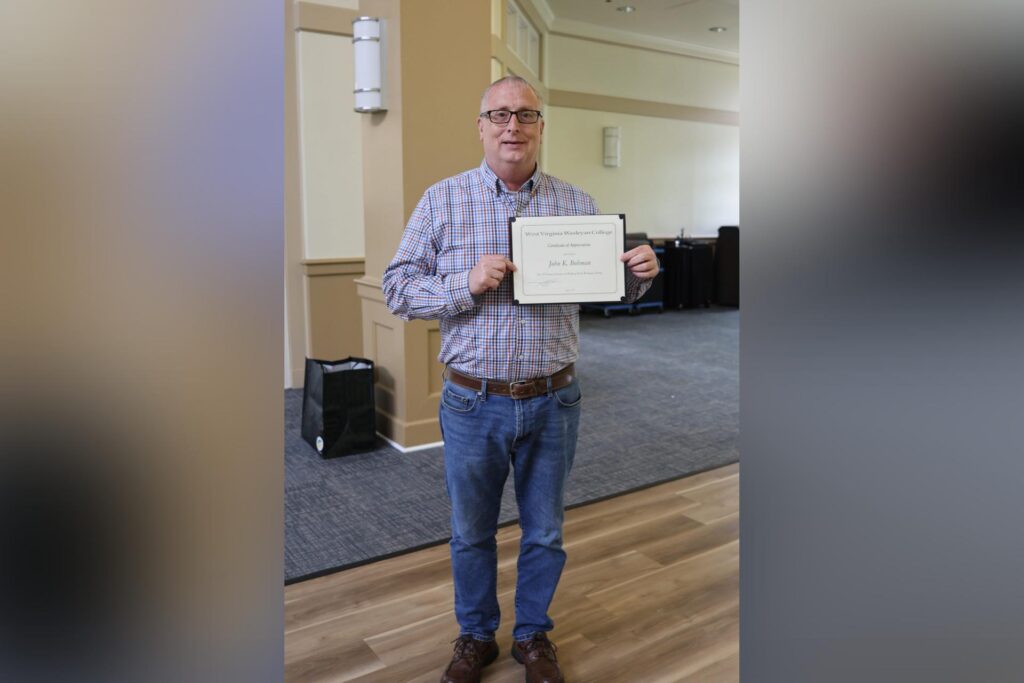Charleston, W.Va. – The following events happened on these dates in West Virginia history. To read more, go to e-WV: The West Virginia Encyclopedia at www.wvencyclopedia.org.
May 9, 1800: Abolitionist John Brown was born in Torrington, Connecticut. His 1859 raid on Harpers Ferry galvanized the nation, further alienating the North and South.
May 9, 1843: Confederate spy ‘‘Belle’’ Boyd was born in Martinsburg. On July 4, 1861, Belle shot a Yankee soldier and started her spy career.
May 9, 1863: Confederate raiders arrived at Burning Springs, Wirt County. There they set fire to 150,000 barrels of oil, oil tanks, engines for pumping, engine houses, wagons, and oil-laden boats.
May 10, 1863, Stonewall Jackson died after uttering the words: ‘‘Let us cross over the river and rest under the shade of the trees.’’ He is buried in the Stonewall Jackson Cemetery in Lexington, Virginia.
May 10, 1908: The first official observance of Mother’s Day was held at Andrews Methodist Episcopal Church in Grafton and simultaneously in Philadelphia. The holiday resulted from a vigorous campaign by Anna Jarvis who wanted to commemorate the spirit of her mother’s work as a social activist.
May 10, 1960: John F. Kennedy defeated Hubert Humphrey in the West Virginia primary. It dispelled the widely held belief that being a Roman Catholic was a crippling handicap for a presidential candidate.
May 11, 1909: Filmmaker Ellis Dungan was born. After years of working in the feature film industry in India, he settled in Wheeling, where he shot documentaries and produced films for the state and the region.
May 11, 1930: Physician John C. Norman, Jr. was born in Charleston. A noted thoracic and cardiovascular surgeon and researcher, he was best known for his work toward creating an artificial heart.
May 12–14, 1921: Bullets peppered down on about a dozen mining towns in the Matewan-Williamson area, and nonunion miners fired back, in what became known as the Battle of the Tug. Three people were shot and killed.
May 13, 1962: Editorial cartoonist Henry Payne was born in Charleston. In 1989, Payne was the first editorial cartoonist in the country to make his work available via computer.
May 14, 1878: Photographer Rufus “Red” Ribble was born in Blacksburg, Virginia. For nearly 40 years he traveled the coalfields making panoramic photographs of miners, towns, family reunions, church congregations and school groups.
May 14, 1906: Social reformer Mary Behner was born in Xenia, Ohio. From 1928 until 1937, Behner worked in the coal camps along Scotts Run near Morgantown, fighting poverty and creating social and educational outlets for families.
May 14, 1943: Alan Mollohan was born in Fairmont. Mollohan served in the U.S. Congress from 1982 to 2010.
May 15, 1880: The state’s first telephone exchange was placed in service in Wheeling with about 25 subscribers.
May 15, 1886: Minnie Buckingham Harper was born in Winfield. She was the first African-American woman to serve as a member of a state legislative body in the United States. She was appointed by Governor Howard Gore on January 10, 1928, to fill the unexpired term of her husband, E. Howard Harper.
May 15, 1893: Albert Sidney ‘‘Sid’’ Hatfield, controversial police chief of Matewan and martyred hero to union coal miners, was born near Matewan, on the Kentucky side of Tug Fork.
May 15, 1953: George Brett, the Hall of Fame third baseman for the Kansas City Royals, was born in Glen Dale in Marshall County. He is one of only four players in baseball history to accumulate 3,000 hits, 300 home runs and a career batting average of .300.
e-WV: The West Virginia Encyclopedia is a project of the West Virginia Humanities Council. For more information, contact the West Virginia Humanities Council, 1310 Kanawha Blvd. E., Charleston, WV 25301; (304) 346-8500; or visit e-WV at www.wvencyclopedia.org.

Sid Hatfield 
Belle Boyd 
Kansas City Royals player George Brett at bat during a 1990 game at Royals Stadium 
Dr. John C. Norman, Jr. 
Mary Behner 
Minnie Buckingham Harper 
Andrews Methodist Episcopal Church



















